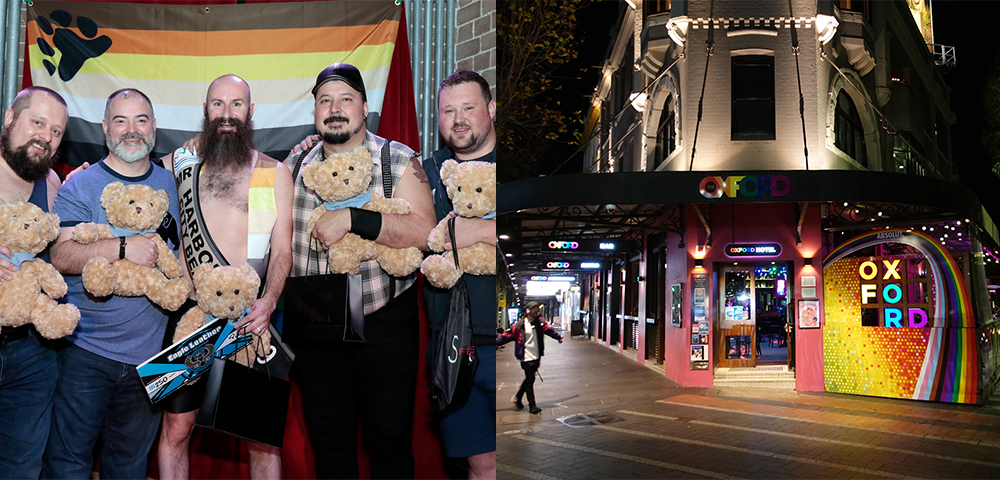
Workers Compensation and queers
Workers compensation schemes are a vital part of the modern workplace and provide employees and their families the peace of mind that they will be monetarily compensated for injuries and fatalities suffered in the workplace. The various workers compensation schemes operating in the states and territories require employers to pay a regular premium to workers compensation insurers, who in turn pay out benefits on a no-fault basis in the event an employee is injured or dies at work.
Workers compensation is regulated by both the Federal and State governments. As a general rule of thumb, the federal workers compensation scheme covers Commonwealth public servants and prescribed employees employed in the territories, while the state regimes cover private corporations and state public sector employees. However, this is set to change with a large number of private corporations migrating into the federal scheme. While the underlying objectives of the various state and federal workers compensation schemes may be similar, there are marked differences when it comes to the question of how the different regimes treat paying benefits to same-sex partners of injured or deceased workers.
The major piece of legislation which regulates the federal workers compensation regime is the Safety, Rehabilitation and Compensation Act 1988 (SRC Act). The SRC Act provides that in circumstances where there is an injury or death in the workplace, benefits may be payable to “dependents”. In the SRC Act, “dependents” includes “spouses” who are defined to mean opposite-sex partners of the employee in question. This situation is different from the various state systems (e.g. the NSW WorkCover scheme) which treat same-sex partners in the same way as opposite-sex partners.
The migration of several large corporations in recent years to the federal scheme has been primarily motivated by the desire to save the administrative costs. These corporations currently have large unnecessary costs in complying with up to eight different state/ territory schemes. Although the ability of the Federal government to allow certain private-sector corporations to be covered by the federal system was challenged in the High Court earlier this year, the Court confirmed that was within Commonwealth power.
This migration looks like coming to a halt, with the Labor Party announcing prior to the elections that there would be a moratorium on any other corporations joining the federal scheme. However, a number of very large private corporations, such as Optus, Telstra, the Commonwealth Bank, John Holland and the National Bank of Australia, already belong to the federal scheme. Additionally, large multi-state corporations will continue to have a reason to join the federal scheme until the various state systems can be harmonised. A single federal workers compensation scheme is a worthwhile endeavour but it is important that this is done with a view to maintaining the existing rights of queer people.









